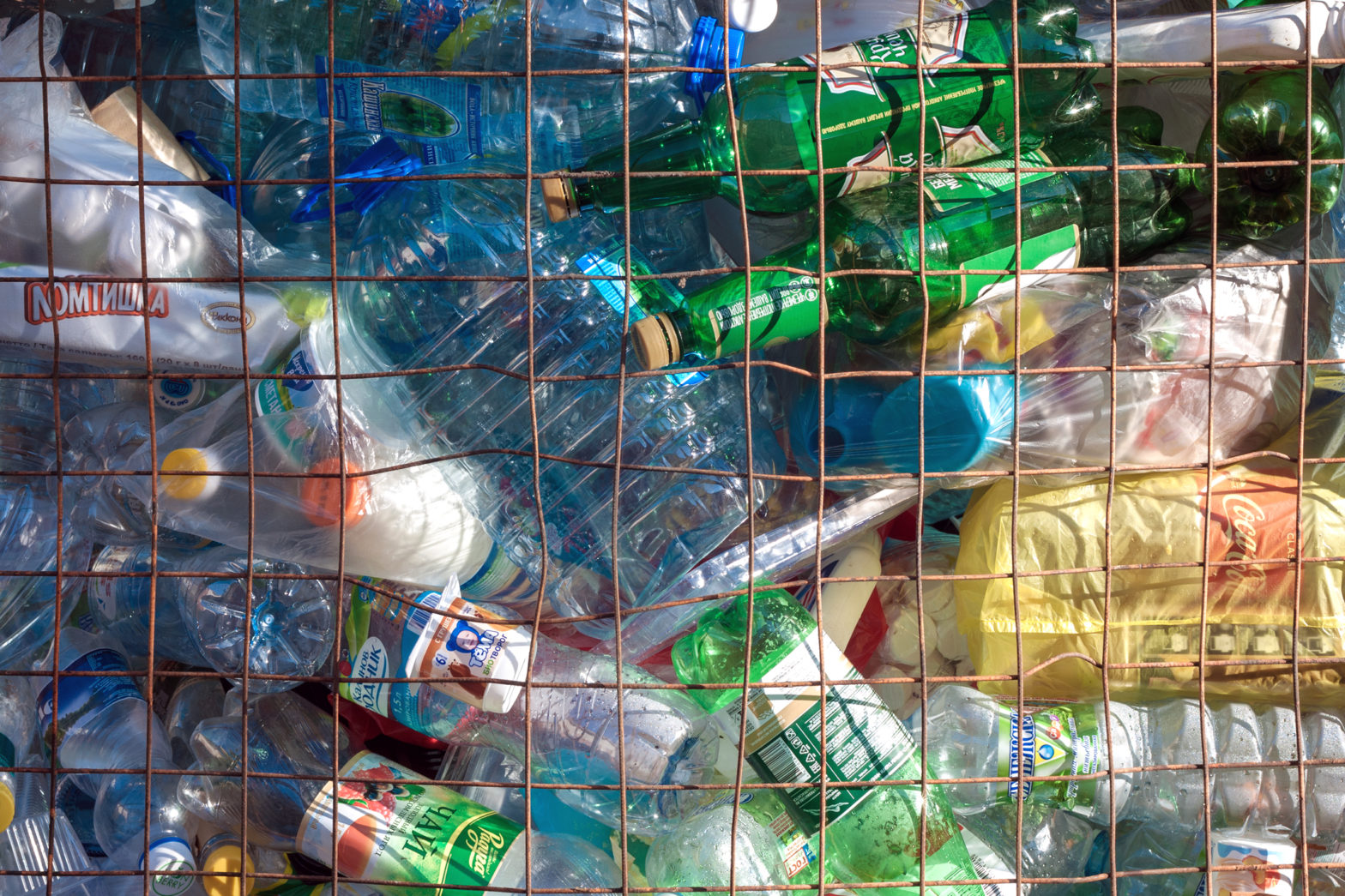
Miami-Dade fast-tracks waste tech with $300K innovation challenge
22 March 2025
by Jonathan Andrews
The Miami-Dade Innovation Authority (MDIA) has unveiled a US$300,000 initiative to drive smarter waste diversion through technology, positioning the county as a leader in innovative waste management.
The Public Innovation Challenge seeks early-to-growth-stage start-ups with scalable solutions to reduce landfill reliance and educate residents on recycling.
“Reducing landfill waste and improving waste diversion is crucial to ensuring the health of Miami residents and our fragile ecosystems,” Leigh-Ann Buchanan, President and CEO of MDIA, told Cities Today. “This challenge not only provides an opportunity for start-ups with cutting-edge solutions to make a real impact but also demonstrates how local governments can lead in global resilience.”
Buchanan emphasised the role of emerging technologies in transforming waste management.

“AI is making recycling more intuitive by helping residents identify how to sort waste properly, while IoT sensors can detect contamination in bins,” she explained. “Blockchain can also create incentive-based recycling programmes, rewarding responsible behaviour.”
Beyond household engagement, AI-powered robotics can identify and sort recyclables in real time, reducing contamination at scale. IoT-enabled waste bins with fill-level sensors can also optimise collection routes, reducing unnecessary pickups and emissions. Meanwhile, blockchain ensures transparency in waste tracking, particularly for hazardous and e-waste materials.
Miami-Dade’s approach offers a blueprint for other municipalities looking to integrate technology into waste management.
“We’re creating a clear pathway for start-ups to work with government,” Buchanan said. “Our Public Innovation Challenge provides a structured way to pilot and validate emerging solutions, accelerating the transition from testing to procurement.”
The MDIA model has already demonstrated success in other sectors. Previous challenges have led to start-ups expanding their solutions beyond Miami, including AI-driven airport navigation tools now being deployed internationally.
MDIA addresses the challenge of procurement by investing private capital to defray pilot costs, facilitating collaboration between public agencies and technology companies.
“We’ve been able to cut the time from challenge launch to pilot by as much as 60 percent, from 18 months down to six,” Buchanan noted.
Recognising that technology alone won’t solve waste management challenges, MDIA is also focused on resident engagement.
“We’re looking for solutions that make recycling second nature,” Buchanan said. “That could mean gamification, incentive-based platforms, or AI-driven apps that guide people in real-time.”
With MDIA’s model gaining traction, Buchanan sees broader applications, and not only about waste.
“It’s about proving that cities can be faster, more adaptive, and more willing to experiment with emerging technology,” she added. “We’re creating a replicable framework for municipalities nationwide to follow.”
Image: NadyaSo | Dreamstime.com











